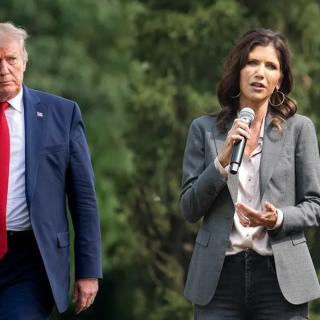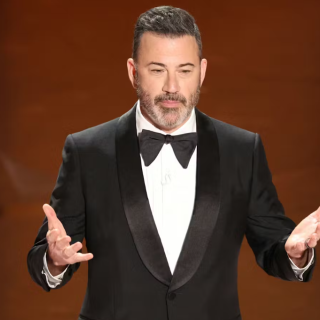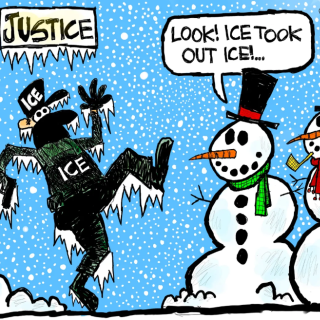The recent assassination attempt on former President Donald Trump has highlighted a deeply troubling trend in American politics: the pervasive spread of misinformation and conspiracy theories. Following the incident at a rally in Pennsylvania, baseless claims quickly spread online, suggesting that the attack was orchestrated by political opponents or even President Biden himself. Figures like Senator JD Vance and Congresswoman Marjorie Taylor Greene have propagated these theories, further fueling division.
These conspiracy theories not only distract from the severity of the event but also contribute to the erosion of public trust in democratic institutions. For instance, U.S. Attorney General Merrick Garland had to publicly refute claims that the FBI had been authorized to use deadly force against Trump during the Mar-a-Lago search, calling these allegations "false and extremely dangerous." This incident starkly illustrates how quickly misinformation can take root and distort public perception.
In this landscape, the role of the media and politicians becomes critically important. Media outlets bear a significant responsibility to ensure their reporting is accurate and fact-based. Sensationalism and the rush to break news can sometimes lead to the dissemination of unverified information, which can then be exploited by those seeking to promote false narratives. Rigorous fact-checking and a steadfast commitment to journalistic integrity are essential in countering this trend.
Politicians also have a crucial role to play. When leaders propagate or fail to denounce misinformation, they contribute to a culture of distrust and division. The reaction to the assassination attempt on Trump is a case in point. While some political figures have taken steps to clarify and refute false claims, others have either remained silent or, worse, amplified these conspiracy theories for political gain.
The dangers of false narratives are manifold. They can incite violence, as evidenced by the January 6, 2021, Capitol riot, where misinformation about the 2020 presidential election played a significant role. The recent attempt on Trump's life, followed by immediate and widespread conspiracy theories, echoes this dangerous precedent. When people are led to believe in falsehoods, they may feel justified in taking extreme actions.
Moreover, misinformation corrodes the foundational principles of democracy. Trust in institutions is essential for a functioning democracy; when that trust is undermined, the very fabric of society is at risk. Citizens need to have confidence that their leaders and the media are committed to the truth. Without this trust, democratic processes become vulnerable to manipulation and coercion.
Addressing this issue requires a collective effort. Media organizations must prioritize accuracy over speed, ensuring that their reporting does not inadvertently contribute to the spread of misinformation. Implementing stringent editorial standards and encouraging a culture of accountability can help in this regard.
Politicians and public figures must also commit to truthfulness in their communications. This means actively debunking false narratives and refraining from using misinformation as a political tool. Bipartisan efforts to promote media literacy and critical thinking among the public can also play a vital role in combating the spread of false information.
The assassination attempt on Donald Trump should serve as a wake-up call. It is a stark reminder of the importance of truthfulness in political discourse. By prioritizing fact-based reporting and holding our leaders accountable for their words, we can begin to rebuild trust in our democratic institutions and safeguard the future of our democracy.
Truthfulness is not just a moral imperative; it is a practical necessity for the health of our society. In an era where misinformation can spread faster than ever before, it is more important than ever for journalists and politicians to uphold the highest standards of accuracy and integrity. Doing so will not only help prevent future violence but also ensure that our democracy remains robust and resilient in the face of challenges. By collectively committing to truthfulness, we can move toward a more informed and united society, better equipped to tackle the complex issues of our time.
---------------------------
Gleb Tsipursky, PhD, serves as the Chair of the Board of Directors of the Pro-Truth Pledge project and authored Pro Truth: A Practical Plan for Putting Truth Back Into Politics




